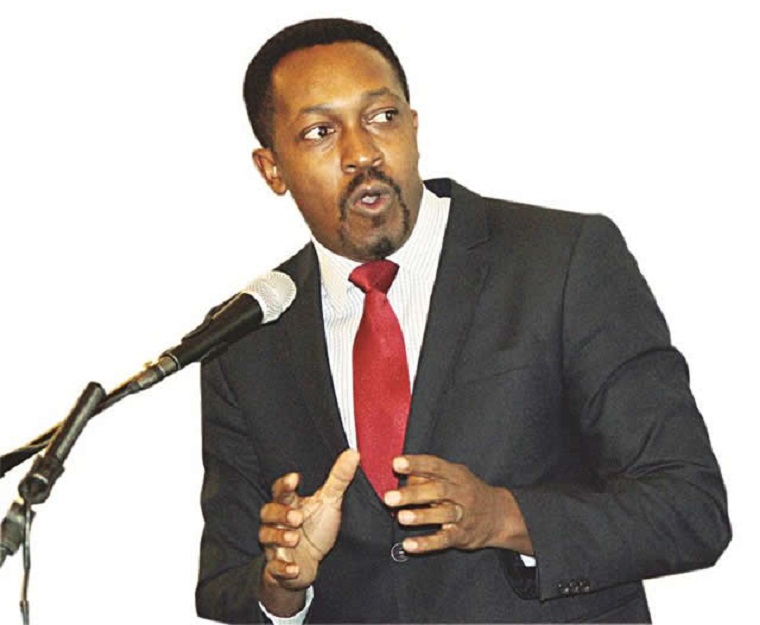 One of Zimbabwe’s leading industrialists has advocated the continued use of the local currency arguing that the country does not have enough United States dollar to carry out any meaningful transactions.
One of Zimbabwe’s leading industrialists has advocated the continued use of the local currency arguing that the country does not have enough United States dollar to carry out any meaningful transactions.
Writing on twitter, Busisa Moyo, former president of the Confederation of Zimbabwe Industries, said there are not enough US dollars in the market for transactional purposes.
“Even the dirty $1 notes have gone,” he said.
There has been an outcry that the country is slowly re-dollarising as most businesses are demanding US dollars and refusing electronic money or the bond notes.
Prices in RTGS dollars have rocketed as businesses continue to peg them on the black market rate of the US dollar against the RTGS dollar.
According to Marketwatch, the US dollar was trading at 6.28 on the official interbank rate yesterday. It was almost double on the black-market rate where it was going at 12 to the RTGS dollar and 9.6 to the bond note.
This was also the first time that the RTGS rate had surpassed the Old Mutual Implied Rate which was pegged at 10.68.
“I am hearing colleagues talking about ‘re-dollarization’. There are two types of dollarisation. We have been trading in RTGS since 2014. Sales on critical commodities and retail are STILL circa ~85% RTGS & ~15% USD. Surging inflation and price is an issue but we are in RTGS,” Moyo tweeted.
“Efficient functional markets are key to bringing stability. Markets run on confidence and consistency. People’s memories are long when it comes to the loss of value and economic trauma, it’s a natural and normal human response.
“Use of actual USD for transacting is one format. The other is essentially pricing and thinking in USD for all intents and purposes but using local currency. There are not enough dollars at present to serve for a transaction (medium of exchange) even those dirty $1 notes have gone.”
Finance Minister Mthuli Ncube has repeatedly urged Zimbabweans to stop thinking in US dollars to no avail. He also said prices should not be pegged on the greenback but on current inflation.
Moyo said the problem at the moment was that it was not clear who was driving the current black market. The government has blamed it in cartels.
“We are in a wild country because we don’t have sufficient market references to determine a commercial rate for the RTGS. The current street rates are based on unknown persons and unknown volumes. The OMIR is for investment arbitrage and means nothing to a retailer in Sandawana,” Moyo said.
“Hard currency is good for investors/savers who want stability and options (fungibility). However, traders commodities need other additional features of money in order to engage in commercial activity; portability, divisibility, universality (acceptability), predictability.”
President Emmerson Mnangagwa says Zimbabwe will have its own currency before the end of this year, or latest by March next year.
(117 VIEWS)


